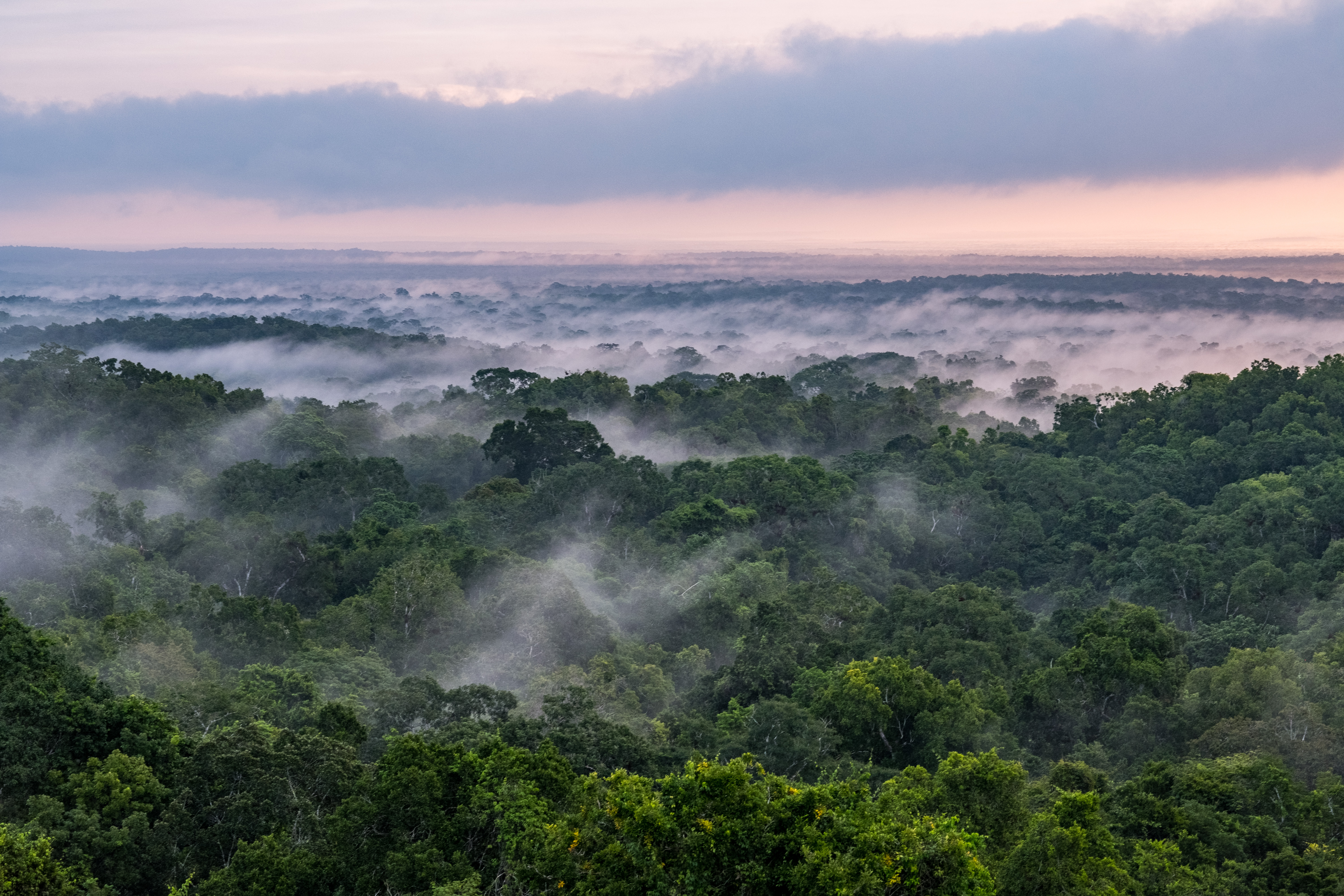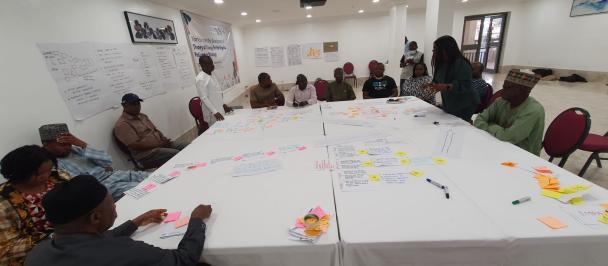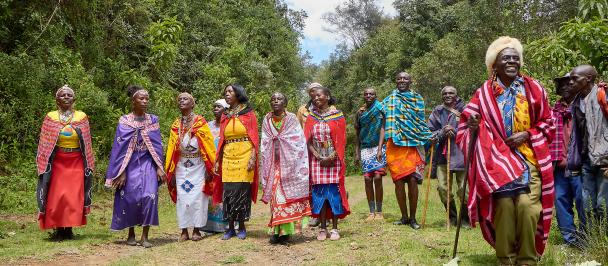Photo: UNDP
As the world slowly tries to build back better from the unprecedented impacts of the novel coronavirus pandemic, the focus, more than ever, is on recalibrating our relationship with nature and biodiversity.
At the 4th meeting of the Capacity Building Forum of the Intergovernmental Science-Policy Platform on Biodiversity and Ecosystem Services (IPBES), nearly 140 experts, practitioners and policymakers from across the world came together to discuss successes and lessons learned from establishing national and subregional networks and platforms on biodiversity conservation and sustainable management of ecosystem services.
National Platforms for Biodiversity are key catalysts to galvanize action around biodiversity commitments and delve deeper into subjects like pollinators, land use and degradation, indigenous and local knowledge and more. Bringing together experts from science, academia, policy and practice, national platforms are essential to fostering collaboration and coordinating how different actors can learn and contribute towards common biodiversity goals.
Spanning over two days, the forum focused on the role existing formal platforms and more informal/open networks have been playing in supporting the work of IPBES and helping countries move towards their biodiversity commitments. The discussion includes how these networks help advocate and influence decisions, how to leverage and engage a wide range of stakeholders in these platforms and the role communications and advocacy can play in taking the messages from the platforms further.
In Grenada, the National Sustainable Development Council, one of the longest standing institutions in the Caribbean, acts as a public clearinghouse mechanism for all, taking recommendations from ecosystem assessments straight to the cabinet and influencing policies and decisions.
This was echoed in Cameroon’s experience where the National Platform for Science-Policy Interface on Biodiversity and Ecosystem Services (NP-SPBES) has played a critical role contributing to the 6th National Report on Biodiversity. Bringing together authors, sharing experiences and feeding into regional and global processes for the IPBES, the platform even contributed to the post-2020 Global Biodiversity Framework.
Participants also heard from the experiences of Brazil, Switzerland and others who shared their perspectives of setting up independent yet accountable platforms that can help enhance policy impacts and reinforcing the need for communications and outreach that can ensure that findings from assessments find wider audiences and renewed commitment from the public. The forum also highlighted the launch of a new manual from the Helmholtz Centre for Environmental Research (UFZ) on the practical how-to’s of setting up a national biodiversity platform.
Partners including UNDP, the Europe & Central Asia (ECA) Network and UNEP World Conservation Monitoring Centre brought in their perspectives of establishing global, regional and national networks that play a critical role in connecting and amplifying biodiversity solutions and creating learning opportunities across countries and regions.
Yuko Kurauchi, UNDP GC-RED Policy Specialist and Coordinator of the Biodiversity and Ecosystems Network (BES-Net) said, “Networks are not simply built by gathering representatives from three sectors in a place. It requires dedicated support to lower barriers to communication and create safe and productive spaces to exchange ideas without intimidation. This is where BES-Net’s Trialogues play a vital space for actors to share different kinds of knowledge and take action. Even a year after, participants come together to co-create solutions and create tangible results.”
The BES-Net II project, implemented by UNDP, UNEP-WCMC and UNESCO, with the support of the International Climate Initiative of the German Federal Ministry for the Environment, Nature Conservation and Nuclear Safety, promotes dialogue and cooperation between science, policy and practice to design and implement solutions to effectively manage biodiversity and ecosystem services. BES-Net II runs from 2020-2028.

 Locations
Locations


